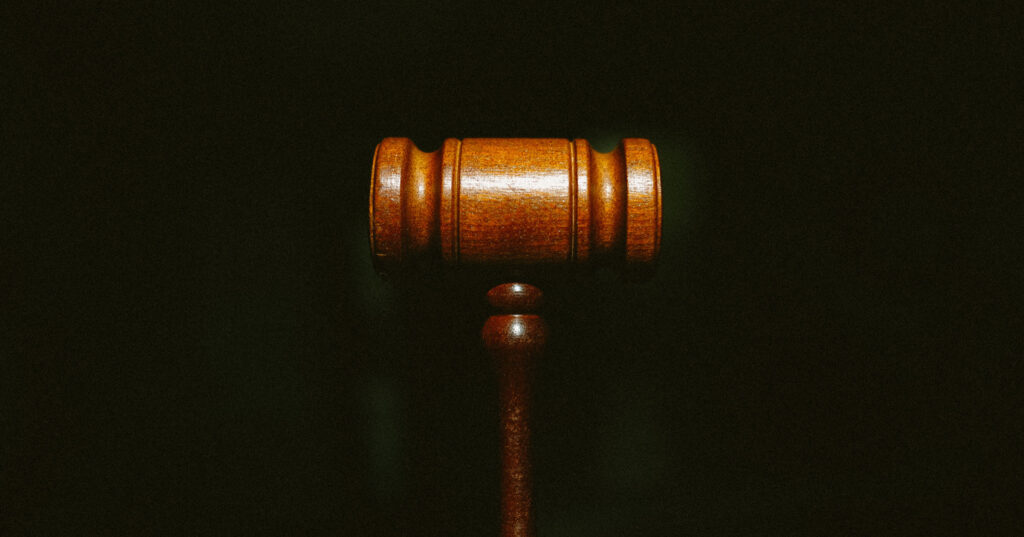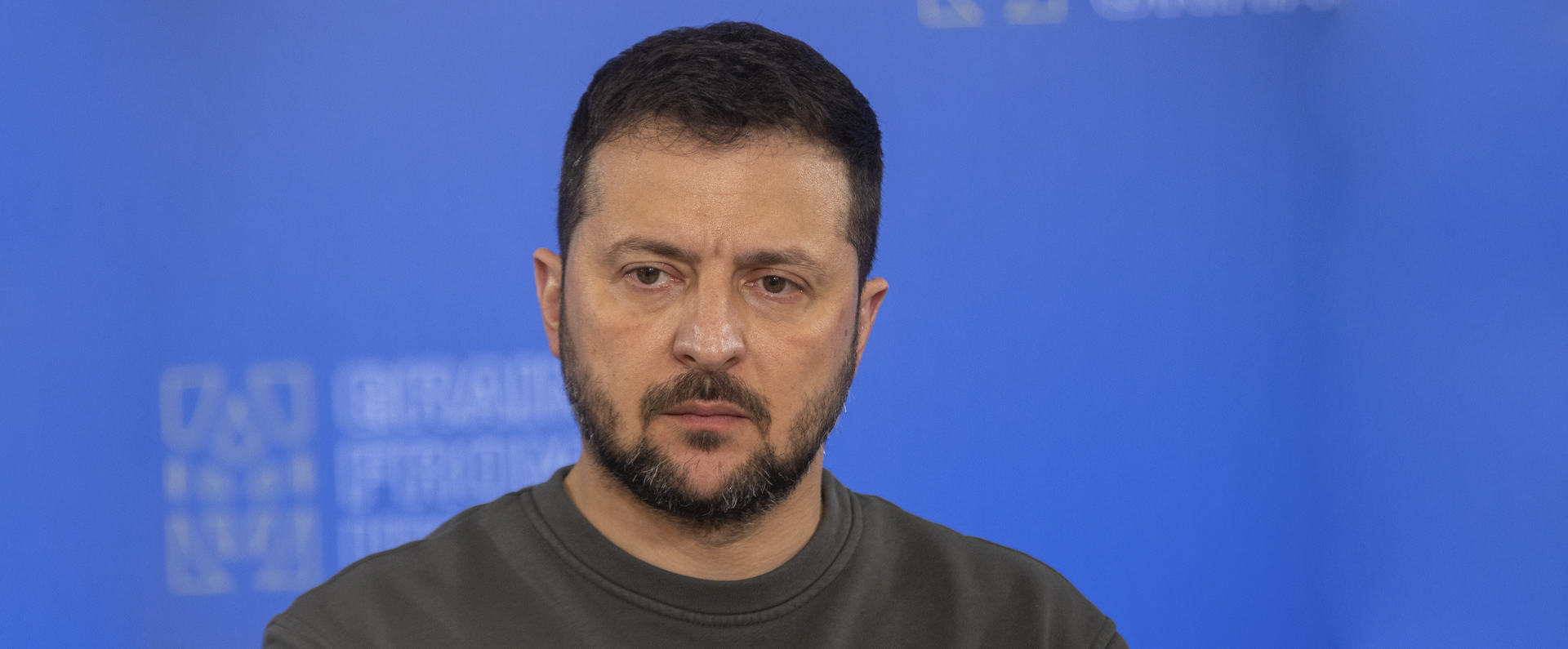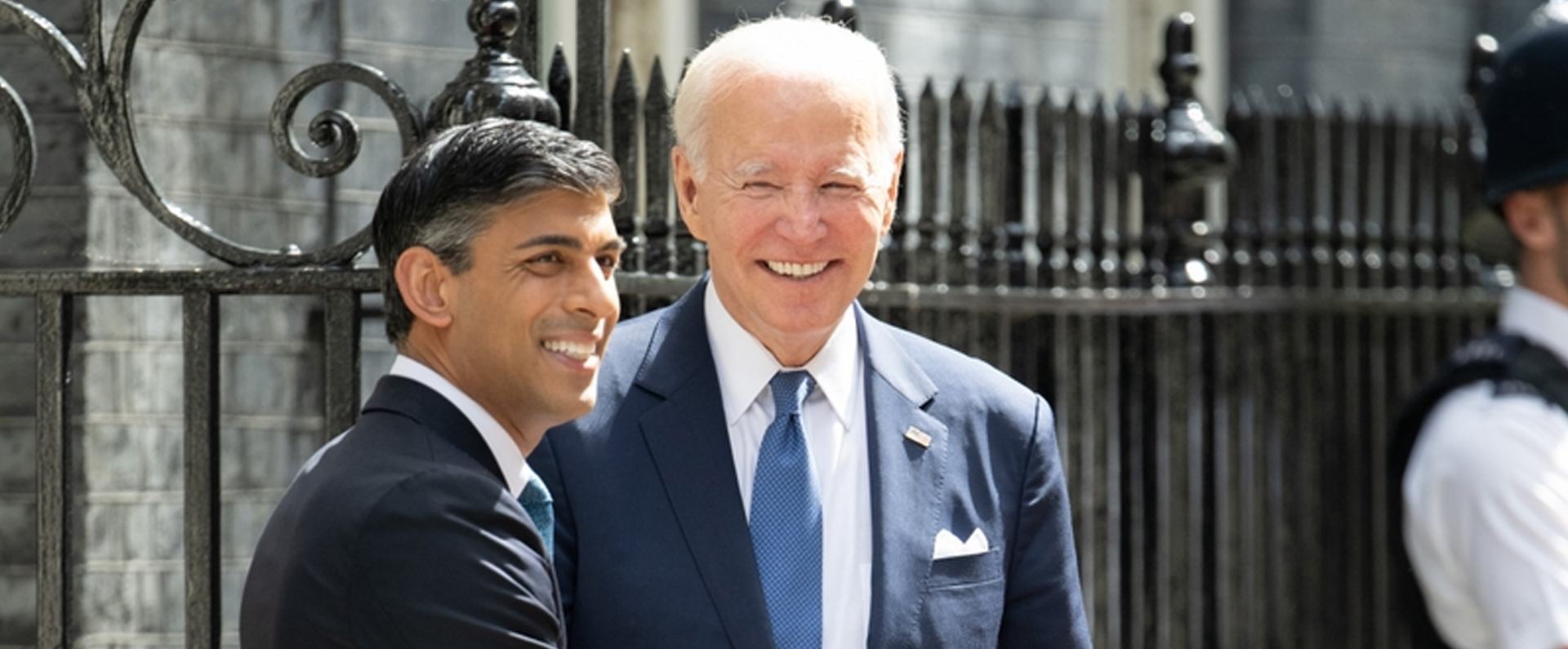
When The Independent wrote about me extensively in 2009, I started proceedings against the publisher of the paper, and against its editor and the journalist who wrote the stories. The allegations which the various articles contained were unfounded, and I was determined to set the record straight by seeing a libel action through to a successful conclusion.
Such proceedings take a great deal of time and, during their lengthy history – from 2009 to 2012 – the ownership of the newspaper changed hands, which complicated matters. There was uncertainty as to whether, should I win the litigation, I could ever get the matter corrected in the very paper which contained the allegations in the first place.
That anxiety was dispelled, however. The other side’s legal team confirmed and the Judge agreed that, although any financial implications of the outcome would fall on the shoulders of the old publishers of the title, the new publisher of The Independent would be bound to report the outcome under the Editors’ Code of Practice of the Press Complaints Commission (the PCC), once the matter had been concluded.
I was pleased when the legal battle was concluded late last year with the reading of an agreed statement in open court. This included, amongst other things, an unreserved apology to me, and an admission that no evidence whatsoever had been found that I was involved in the corruption which had been implied. I was indeed happy. All that was needed now was for The Independent to publish a full and fair report of the ending of the proceedings. We waited for this to happen.
Two days later, nothing had appeared. So we wrote to The Independent, pointing out that nothing had been published, and that this represented a failure by the newspaper to comply with the Code. Nothing continued to happen. There was not even a reply to the letter. Zippo.
A further week went by and, in the heady, post-Leveson atmosphere, I suspended my scepticism of the PCC, and complained about The Independent’s failure to report. I sent a copy of my PCC complaint to the newspaper. Surprise, surprise, the following morning a brief ‘report’ of the statement in open court at last appeared in The Independent. But not where it should have been, given that the original article had occupied most of the paper’s front page. No, the ‘report’ was on page 23 of the paper. And under a headline which suggested that I had ‘dropped’ my libel claim. Nothing could have been further from my thoughts nor from my actions.
The report even went so far as to omit the central correction of the statement. For those who are interested, ten days earlier the Press Gazette had done exactly what The Independent should have done, and had published a full and fair report of what had genuinely happened. Click here for full report.
Given the travesty of The Independent’s so-called ‘report’, I doubly underlined my complaint to the PCC. I then waited to see whether self-regulation really does work.
I am delighted to say that the PCC has agreed that The Independent was indeed obliged to report the ending of the proceedings. In an adjudication which the PCC has published today, it says, “In the view of the Commission, the newspaper was required to report the outcome of the legal action, for the benefit of its readers as well as the complainant: the obligation arose because it had published the material under complaint and the newspaper was not released from the obligation following the change of ownership.”
The adjudication also helpfully spells out Clause 1 (iv) of the Code, “A publication must report fairly and accurately the outcome of an action for defamation to which it has been a party, unless an agreed settlement states otherwise, or an agreed statement is published.”
But that’s as far as the good news goes. Despite these positive remarks, my complaint was in fact not upheld, the PCC stating that it considered that The Independent had done what was necessary to meet its obligations. In other words, it didn’t matter that it took them ten days to report it, nor that it did so only after I had complained to the PCC, nor that the headline misleadingly claimed I had ‘dropped’ my claim, nor that it left out the key passage in the apology I was given. Worse still, the PCC has held that, in its view, there is no requirement for a report of this kind to be given ‘due prominence’. Apparently, under its regime a report is considered ‘fair’ provided it appears on the right hand page of a newspaper, irrespective of how far back in the paper that page is.
Lord Justice Leveson, in his report, made clear that this pattern of behaviour was simply not good enough. This was his finding:
12.28 Looking at the evidence in the round, it appears that parts of the press have adopted an adversarial approach to complaints, whereby even when clear errors have been identified, there has been a failure to provide swift and complete remedies to complainants. …… Parts of the press have, at times, sought to avoid corrections and apologies and have sought to minimise the prominence of those corrections and apologies ……
Ironically, the person for whom I have more than a little sympathy is The Independent’s editor, Chris Blackhurst. The articles in relation to which I began proceedings were published long before he became editor. And this PCC adjudication is likely to be embarrassing for a man who has been at the forefront of the press campaign to promote the merits of press self-regulation.
But it is hard to see the difference between self-regulation and self-interest, when a small and fundamentally incomplete report on page 23 is considered an adequate redress for an original article which occupied the whole of the front page of the newspaper. Nevertheless, the PCC concluded its adjudication, “The Commission noted the complainant’s concerns about the accuracy and the presentation of the report, but it was of the view that the newspaper had properly discharged its obligations.”
I will allow others to be the judge whether the PCC is correct. For myself, I continue to have little confidence in the effectiveness of the Press Complaints Commission, hence my recent vote against the Government in favour of an amendment to the Defamation Bill to provide for an independent arbitration mechanism. It seems that this is one leopard which may well be incapable of changing its own spots.



